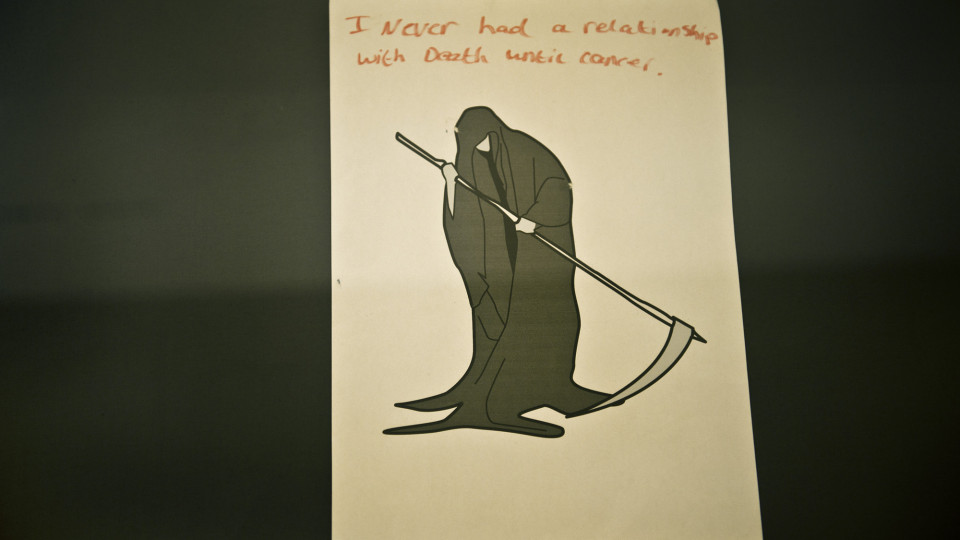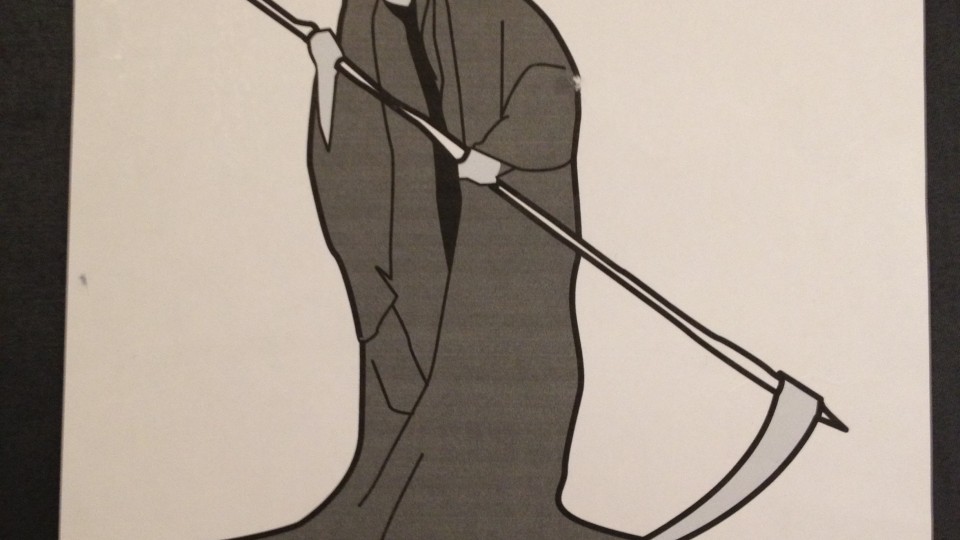take time to reflect (about death)
Reflection 1
I have always been fascinated by the ‘protective mechanisms’ that kick in when patients become palliative. On reflection, I very rarely use the words death or dying. I am more likely to use phrases such as ‘I am no longer able to make you better’ or ‘I am not able to do anything now to make your cancer go away’. If I speak with parents alone first, I always make it clear that if the young person asks me a question, I will always given honest answer or response. I think the parents find this more worrying than the young people. I will always ask young people if ‘there is anything they would wish to say to me or ask me’ during consultations and I can perhaps only think of one occasion when I have been asked outright, by a young person ‘Am I dying?’ I am always convinced that the young people understand what is being said but never raise it in order to protect both themselves and their parents. On occasions I feel we do not address the ‘elephant in the room’ but most of the time, that is appropriate for that young person and their family.
– Dave
Reflection 2
In the Treat Treat Treat mentality of these units there’s always a plan, there is always a What’s Next? And with very few young people there isn’t a What’s Next… It’s always so difficult. Sometimes medical teams think that stopping treatment removes all hope. We have very few people – I have been on this job five years – and I can probably count on one hand the amount of young people who have really embraced death and dying and have been really proactive with their death and dying process, with funerals and memory boxes. But I think, quite often, if a patient mentions it in front of family or a partner the response is always ‘But you’ll be ok’. And so they may feel scared to really go there.
Hospice care is often quite difficult as it is generally much older people. Often you have younger people come back here to die because this is where they feel safe. And even if they don’t verbalise it, they tell us in actions that they know that they are going to die, and want to be here around nurses they trust and doctors they know.
A lot of young people think about legacy and what they are leaving behind. We talk about grief and loss a lot but we don’t talk about death. We talk about ‘I’m never going to be able to do this… or that…’ and this is probably them coming to terms with their dying, without ever verbalising it.
– Sarah


